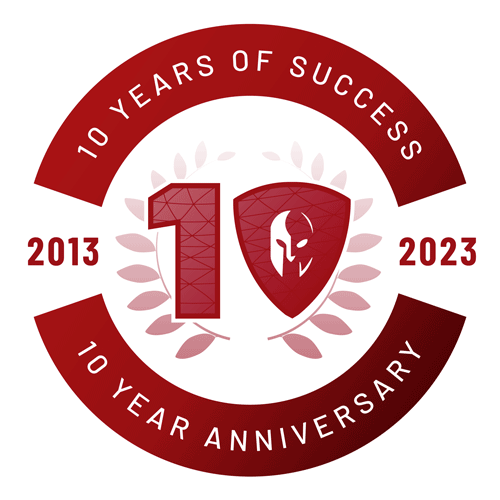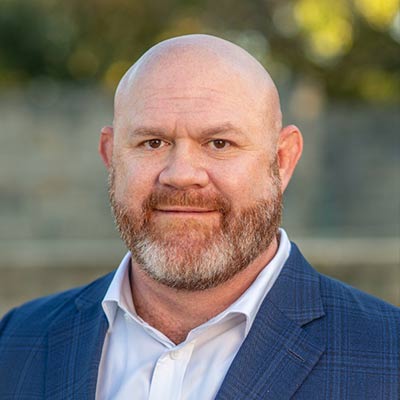Introduction
In today’s digital age, businesses are increasingly reliant on software to drive their operations, enhance productivity, and gain competitive advantages. However, with the rising dependency on software solutions comes the heightened risk of cybersecurity threats. Vetting software before implementation is a crucial step in safeguarding an organization’s sensitive data and ensuring its overall security posture. This paper explores the importance of thorough software vetting from a security perspective, outlining the risks, benefits, and best practices associated with this essential process.
Understanding the Risks
1. Malware and Ransomware
Unscrutinized software can harbor malicious code, including malware and ransomware. Once introduced into the business environment, these threats can disrupt operations, steal sensitive information, and demand exorbitant ransoms.
2. Data Breaches
Insecure software can act as a gateway for cybercriminals to access and exfiltrate confidential data. Data breaches can result in significant financial losses, legal repercussions, and damage to an organization’s reputation.
3. Exploits and Vulnerabilities
Software often contains vulnerabilities that can be exploited by attackers. These weaknesses, if not identified and addressed, can provide unauthorized access to critical systems and data.
4. Compliance Violations
Regulatory frameworks like GDPR, HIPAA, and CCPA mandate strict data protection measures. Implementing unvetted software can lead to non-compliance, resulting in hefty fines and legal consequences.
Benefits of Thorough Software Vetting
1. Enhanced Security
Rigorous vetting helps identify and mitigate potential security risks before software is deployed, reducing the likelihood of cyberattacks and data breaches.
2. Operational Continuity
Ensuring that software is secure and reliable minimizes the risk of disruptions to business operations, maintaining productivity and customer trust.
3. Cost Savings
Addressing security issues during the vetting phase is often less costly than dealing with the aftermath of a cyber incident. Preventative measures can save an organization substantial amounts of money in the long run.
4. Compliance Assurance
Vetting software ensures that it meets regulatory requirements, helping organizations avoid legal penalties and maintain a positive compliance record.
Best Practices for Vetting Software
1. Source Verification
Only procure software from reputable vendors. Verify the authenticity of the vendor and ensure they have a track record of providing secure and reliable products.
2. Code Reviews and Testing
Conduct thorough code reviews to identify potential vulnerabilities. Employ static and dynamic analysis tools to test the software’s security posture.
3. Third-Party Assessments
Utilize third-party security assessments and penetration testing to gain an unbiased evaluation of the software’s security. These assessments can uncover hidden vulnerabilities that internal reviews might miss.
4. Security Certifications
Look for software that has undergone rigorous security certification processes, such as ISO/IEC 27001 or SOC 2. These certifications indicate a commitment to maintaining high-security standards.
5. Patch Management
Ensure the software vendor has a robust patch management process in place. Regular updates and patches are essential to address newly discovered vulnerabilities.
6. User Permissions and Access Controls
Implement strict user permissions and access controls to limit the exposure of sensitive data. Ensure that the software supports role-based access management.
7. Ongoing Monitoring
Security vetting should not be a one-time process. Continuously monitor the software for emerging threats and vulnerabilities, and update security measures accordingly.
Conclusion
In the ever-evolving landscape of cybersecurity, the importance of vetting software before implementation cannot be overstated. By identifying and mitigating potential security risks, organizations can protect their sensitive data, ensure operational continuity, and maintain compliance with regulatory requirements. Adopting best practices for software vetting is not just a technical necessity but a strategic imperative that can safeguard the organization’s future.
Investing in comprehensive software vetting processes ultimately leads to a more secure and resilient business environment, where technology serves as an enabler of success rather than a source of vulnerability. As cyber threats continue to grow in sophistication, businesses must prioritize security in every aspect of their operations, starting with the software they implement.
Get in touch with us
Secutor Cybersecurity is a trusted partner comprised of industry leading experts in the fields of Cybersecurity and Governance, Risk and Compliance. We partner with our clients to deliver on-demand solutions tailored to expertly navigate the regulatory demands of their specific industries.
Our proven track record of successfully exceeding client expectations is achieved through the combination of our methodical approach, advanced technologies, subject matter experts, and synergy with client team members.
Secutor is your team of world-class problem solvers with vast expertise and experience delivering complete solutions keeping your organization protected, audit-ready, and running smoothly.







